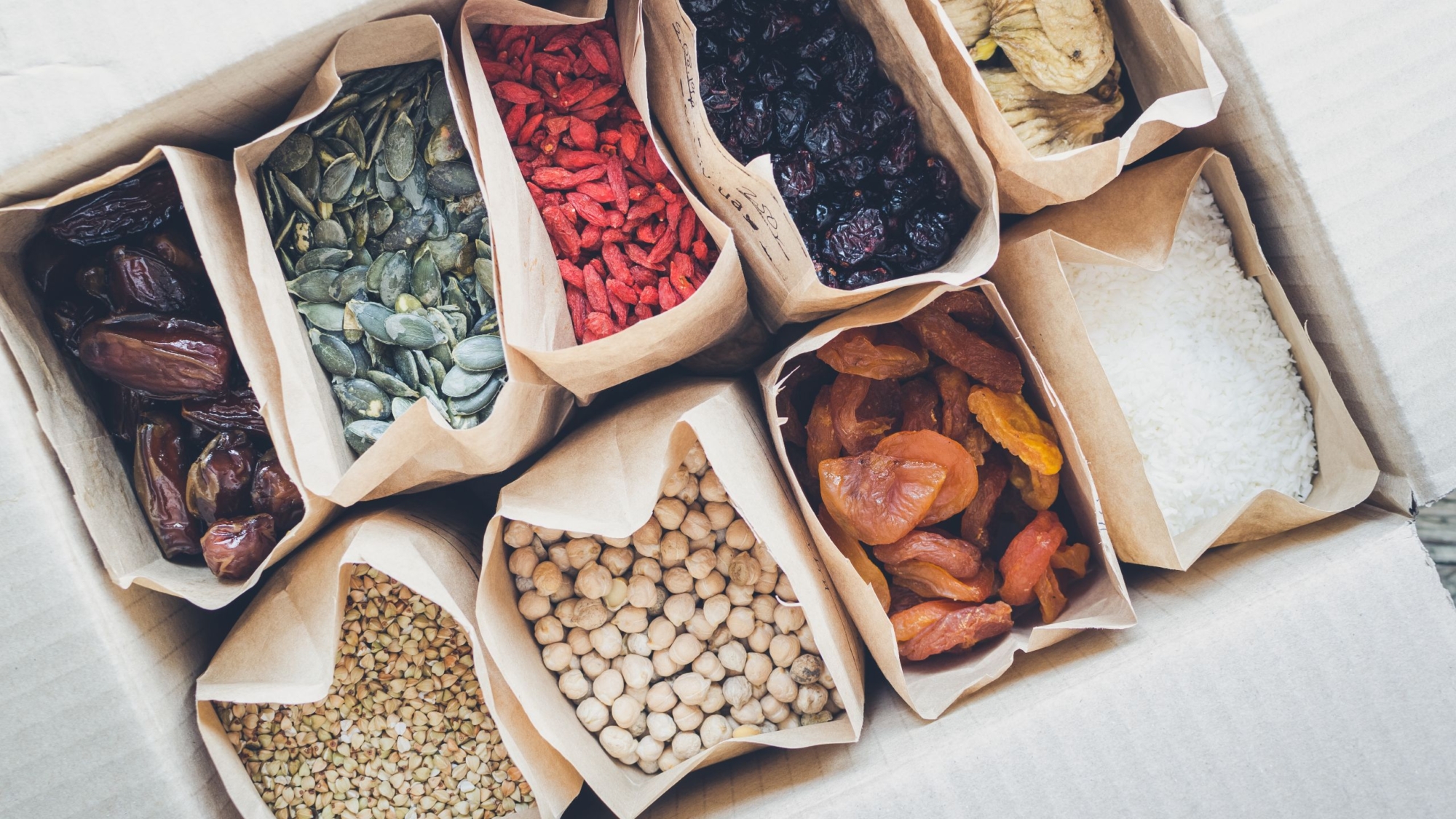With world populations soaring and increased medical waste as a result of the COVID-19 pandemic, waste generated globally sits at approximately 2.01 billion tonnes annually – equivalent to 5.5 million tonnes every single day. Waste management is a critical issue and there’s never been a more important time for humans to bring technology to the forefront to create innovative approaches to fight the war on waste.
There are a number of global waste management innovations emerging that your business or home could adopt to make a difference:
Waste not, want not:
Traditional materials and resources have been used to create a products with little thought to the overall impact on the environment or our ability to get multiple lives out of the product or resource.
The circular economy is where we view each material as a valuable resource and look at the multiple ways it can be reused, repurposed and recycled. Ultimately this means less waste.
You can incorporate a circular economy mindset at home by looking at how items can be used multiple times. This could be as simple as placing a bucket in your shower and using excess water on your pot plants, starting a small compost for food scraps, reusing spray bottles with your own home made cleaning solutions and buying second hand furniture or revamping old furniture instead of throwing out and replacing.
Many countries around the world are now incinerating up to 50% of their waste to make energy that powers homes and businesses. Sweden and Denmark are both world leaders in this practice. The Netherlands have also established innovation hubs which are focussed on implementing circular economy waste renewal practises into manufacturing.
From Zero to Hero:
Zero waste is a practice where individuals, households or businesses strive to drastically reduce their waste and impact on landfills. This is usually done through a solid review and audit of waste produced and then a strategy created to reuse, recycle, reduce, rot and refuse.
Some ideas for incorporating Zero Waste into your life could be:
Transportation – Are you in a position where you could walk or bike more? Even replacing 1 car trip a week with a zero waste form of transportation will contribute…and also makes financial sense with the growing costs of petrol.
Buy bulk ingredients – buying bulk ingredients is often great for the budget but also means less trips to the shops. Ingredients can be stored in bulk containers or bags which you take into the store to refill. Beauty brand Lush encourages customers to bring their own bag or container to store and transport product home whilst products like Shampoo bars eliminate the need for any packaging at all.
Compost Food scraps – Composting not only reduces what we send to landfill but also nourishes our garden and is a great activity to share with children and grandchildren to create a sense of value in the environment. Read our guide to composting in cold climates here:
There are many brands and companies now incorporating zero waste innovations into their manufacturing. It’s not uncommon to find jackets completely made of recycled bottles at Cotton On and you can now buy toilet paper made totally from recycled paper from innovators Who Gives a Crap. Whilst we have a long way to go, supporting brads incorporating these practises means you can get your essentials..or treat yourself and feel good at the same time.
Extended Producer Responsibility (EPR):
This policy means that manufacturers or stores are held more accountable for the waste generated from their products such as packaging for the entire lifecycle. This means that there is less burden on the general population or local government to remove waste. How does this work?
Manufacturers are encouraged to create products that can be recycled, composted or re-used
Stores implement take-back, buy-back or refill policies. In 2020, Unilever launched a trial of its refillable stations in a Leeds Asda store in the UK, where bottles could be refilled with shampoo, shower gel, household cleaning products and even tea! The Refill stations ambitiously promised it could save the equivalent of 30,000 water bottles per year in just one store and was being trialled with a view to being rolled out in several other countries.
Ultimately, if we want to win the war on waste we need to encourage major behavioural changes within our homes, communities and demand them of the brands we purchase from. So what are you going to do to contribute?
Read our other blogs on sustainability and global waste management here:
Copenhagen and Vancouver – two of the worlds most sustainable cities
Why separating waste at the source makes sense
5 Ways Your Business Can Be More Sustainable
Discover our Waste Management Solutions


Add a Comment